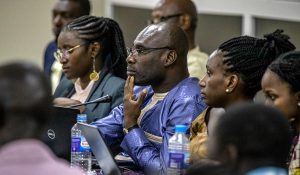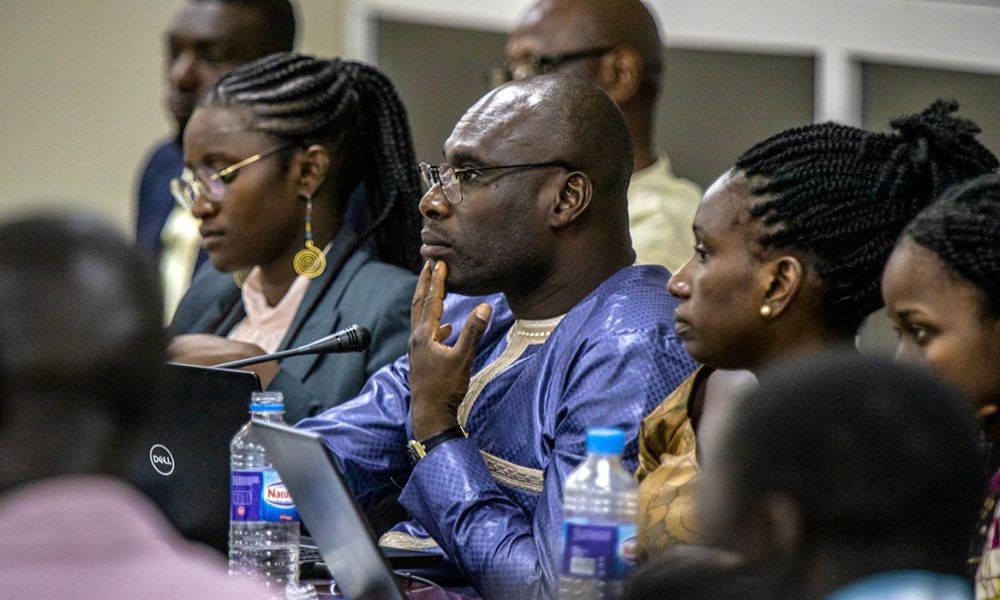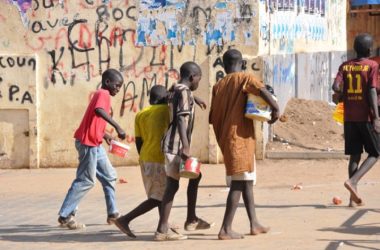Gambia’s fragile transitional justice process faces fresh uncertainty as the White House moves to cut U.S. funding for nearly two dozen global war crimes and accountability programs, including one supporting post-dictatorship justice in The Gambia.
According to internal U.S. government documents and officials cited by Reuters, the Office of Management and Budget (OMB) has recommended ending funding for a number of programs that assist in the investigation and prosecution of war crimes and crimes against humanity. One of the programs on the chopping block works directly on accountability in The Gambia following the abuses committed during Yahya Jammeh’s 22-year rule.
While the recommendation is not final, it signals a sharp shift away from support for international justice and could weaken efforts to implement the findings of The Gambia’s Truth, Reconciliation and Reparations Commission (TRRC), which exposed a long list of abuses including torture, sexual violence, and enforced disappearances.
Justice in Limbo
The TRRC, which wrapped up public hearings in 2021, offered a detailed account of the Jammeh regime’s crimes and called for the prosecution of key figures. The government accepted most of the recommendations in 2022, but progress since then has been slow and heavily reliant on international partnerships.
One of the programs under threat reportedly supports legal and investigative work to follow up on TRRC recommendations. That includes technical aid for evidence handling, case preparation, and support for potential hybrid courts or international prosecutions resources The Gambia does not currently have the capacity to provide alone.
“If this funding goes, it’s going to hit the transitional justice process hard,” said a Gambian legal source close to the TRRC’s follow-up work. “The idea was always that Gambia would lead the process but with international backing. That backing might now disappear.”
A Pattern of Retreat
The move comes as part of a broader rollback of U.S. foreign aid and international justice efforts under President Donald Trump’s administration, which has sought to realign spending with a domestic-first agenda. The OMB’s recommendation affects programs not only in The Gambia but also in Ukraine, Myanmar, Syria, Iraq, and other countries dealing with war crimes or state-sponsored violence.
Internal U.S. State Department emails seen by Reuters say that any attempt to preserve a targeted program must show “direct alignment to administration priorities.” Sources say few expect U.S. Secretary of State Marco Rubio to strongly defend the TRRC-linked program, though some exceptions may be made for efforts focused on Russian atrocities in Ukraine.
The Risk of Losing Momentum
For Gambians, the danger is that the country’s transitional justice gains, hard-won after two decades of dictatorship, could begin to unravel. While the TRRC was hailed for its openness and scope, justice for victims remains elusive. Several alleged perpetrators are still free, some even holding government jobs.

Without sustained external support, there’s growing concern that promised prosecutions and institutional reforms could stall.
What Comes Next
The State Department has given its internal bureaus until July 11 to make their case for saving any of the threatened programs. It’s unclear whether anyone inside the department will advocate strongly for The Gambia’s TRRC-related initiative.





